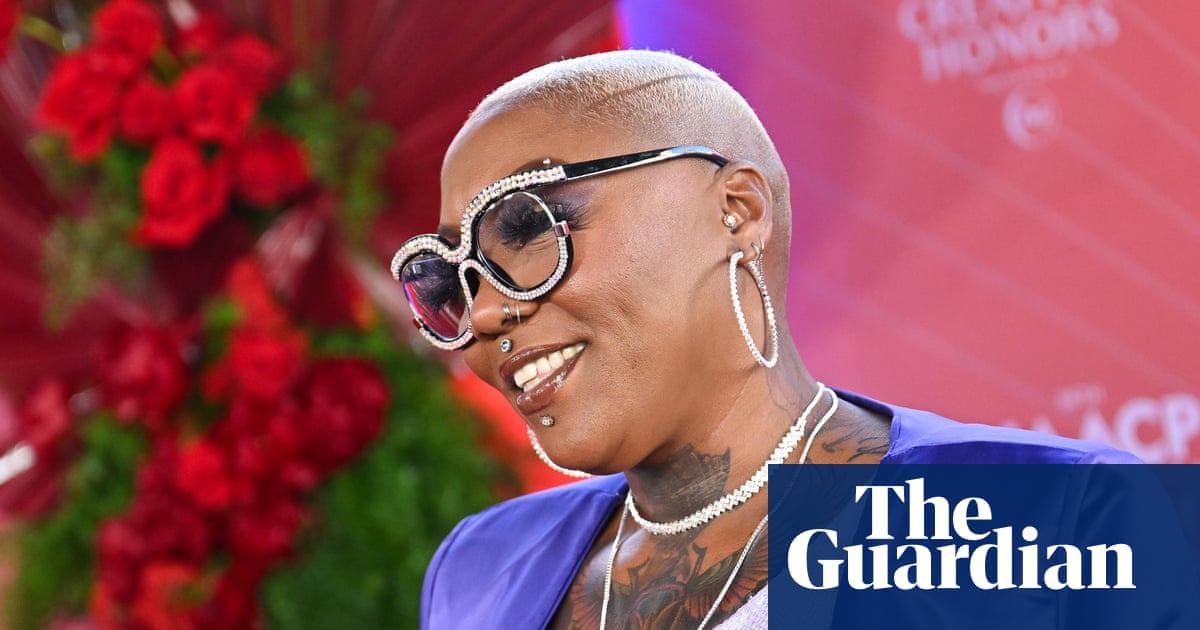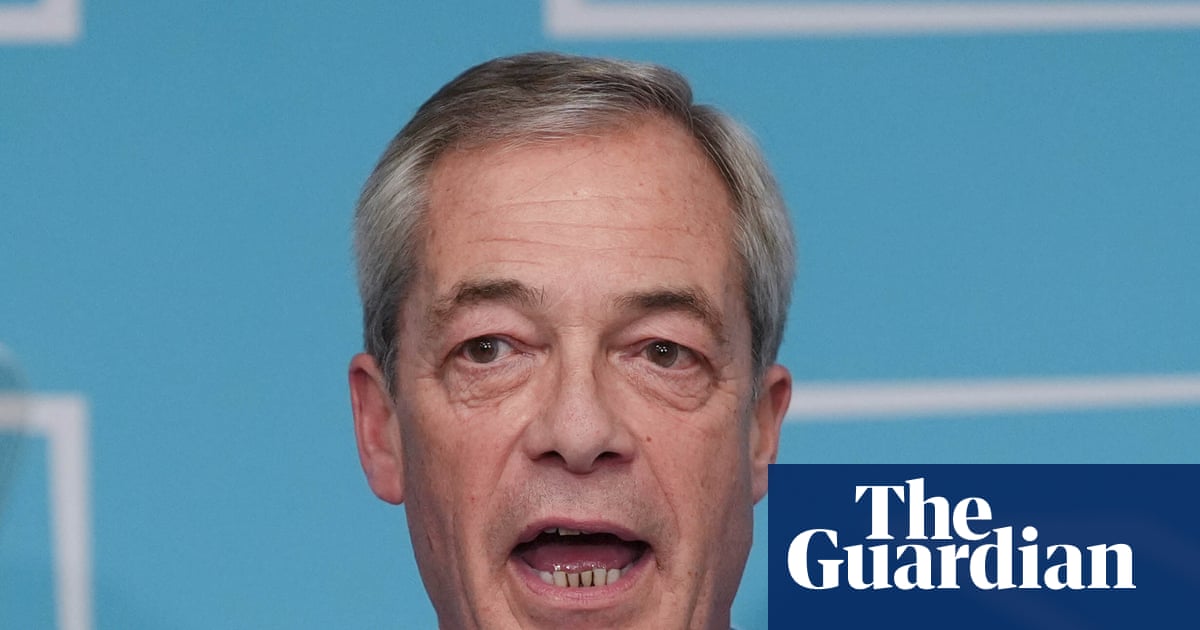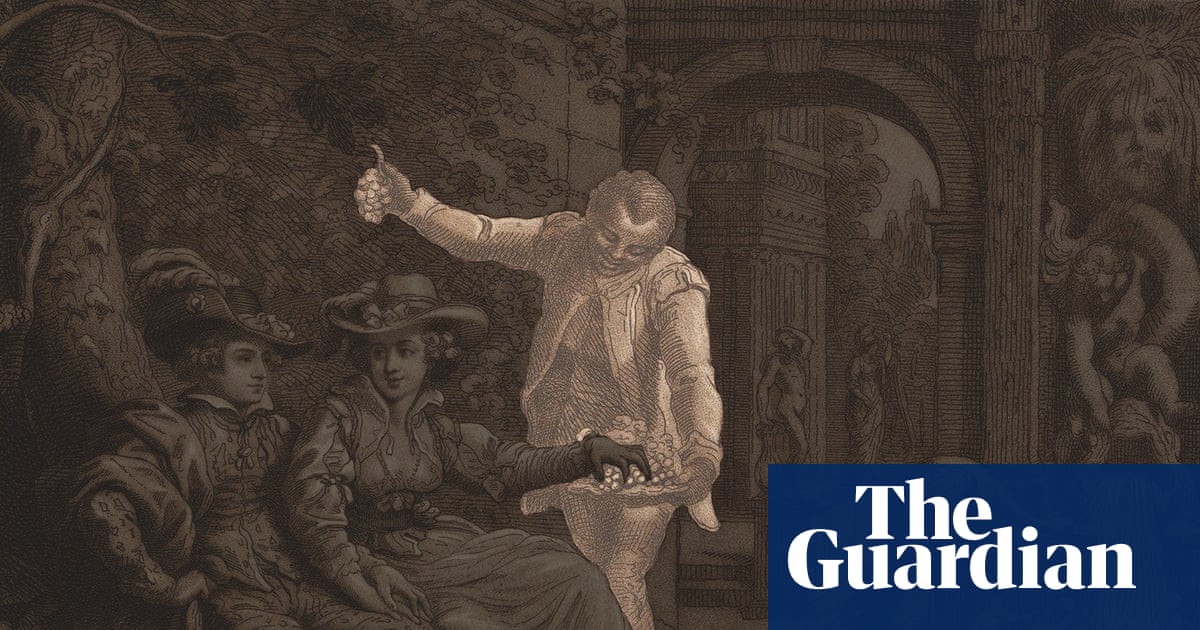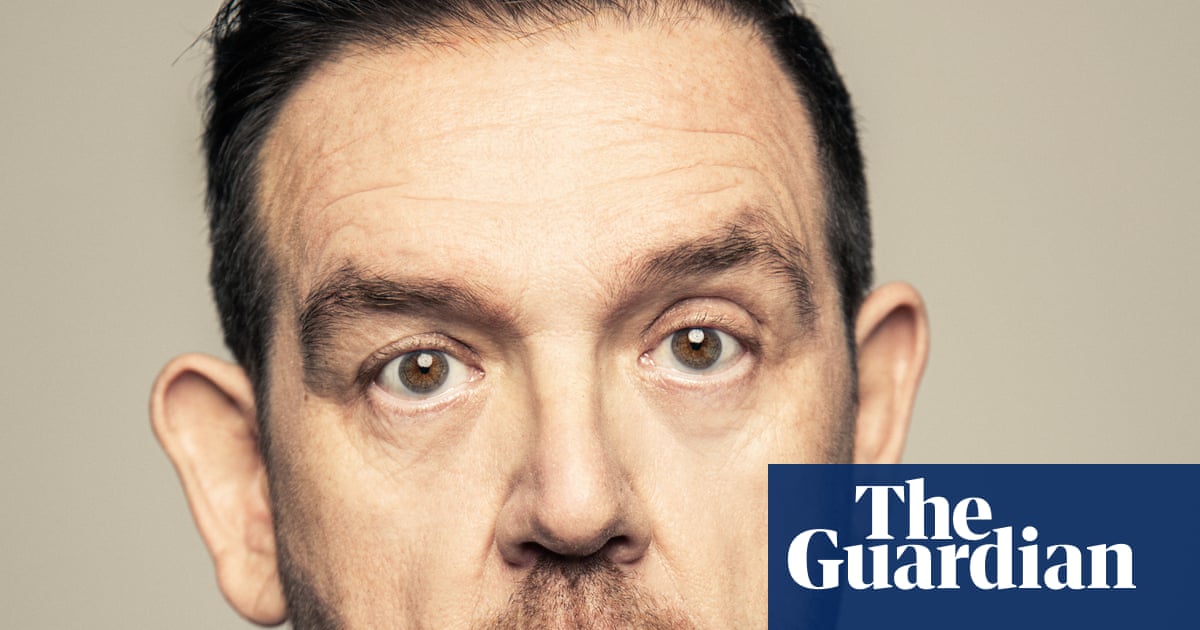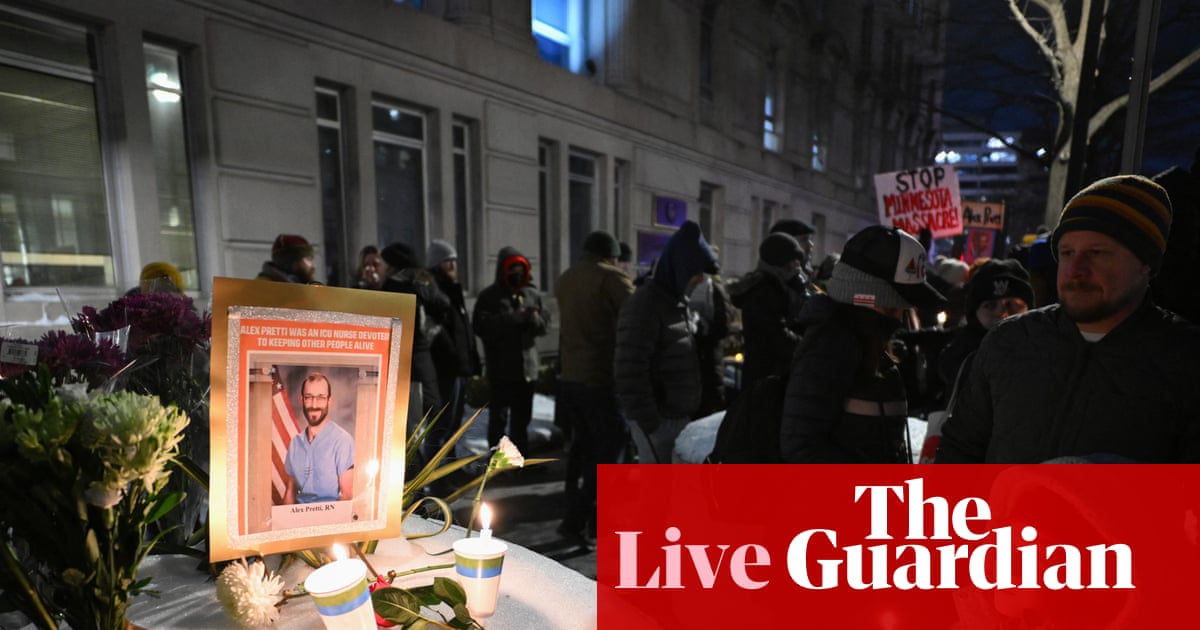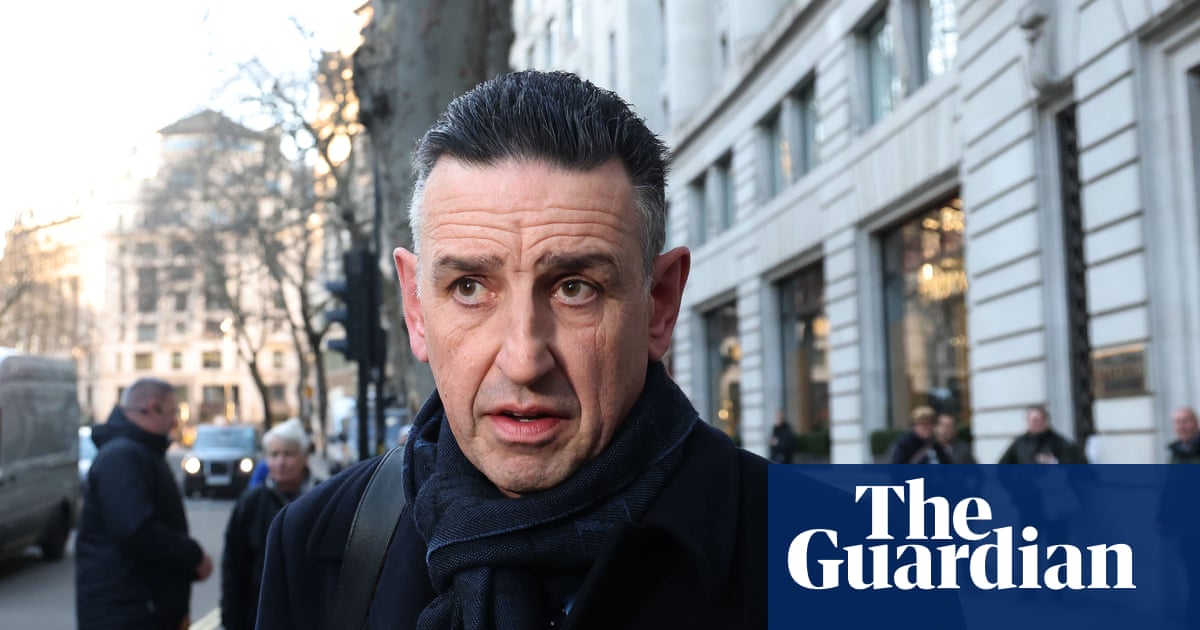Tim Davie, the BBC’s director general, and the head of BBC News have resigned after a former adviser to the corporation accused it of “serious and systemic” bias in its coverage of issues including Donald Trump, Gaza and trans rights.
In an announcement that caused shock within the corporation, Davie said his departure was “entirely my decision” and it comes as the BBC prepares to apologise for the way it edited a Trump speech.
Deborah Turness, the head of BBC News, has also resigned. It follows claims by the former adviser that the broadcaster suffered from bias, including in relation to the editing of Trump’s speech in an edition of Panorama.
It is a huge moment for the BBC, as it heads into critical talks with the government over its future and funding. The hunt is now on to fill two of the biggest roles in British media.
The Commons culture, media and sport select committee had set a Monday deadline for the BBC to respond to the claims made by Michael Prescott, a former independent external adviser to its editorial guidelines and standards committee. He left that role in the summer.
Prescott criticised the editing of Trump’s speech in an edition of Panorama, which spliced together clips from an address the US president made on 6 January 2021. The edit suggested Trump told the crowd: “We’re going to walk down to the Capitol and I’ll be there with you, and we fight. We fight like hell.”
The words were taken from sections of his speech almost an hour apart. The incident has led to criticism of the BBC by Karoline Leavitt, Trump’s press secretary, who described the corporation this weekend as “100% fake news” and a “propaganda machine”.
Last night, Leavitt appeared to celebrate the departures, referring on X to her complaints about the BBC’s treatment of the US president’s speech.
However, there has been concern within government that while the Prescott letter contained serious problems, it was also being used by the corporation’s political opponents to destabilise it.
In a note to staff, Davie said he had retained the “unswerving and unanimous support” of the BBC’s board and its chair, Samir Shah, throughout. However, he said the current accusations had contributed to his decision.
“Like all public organisations, the BBC is not perfect, and we must always be open, transparent and accountable,” he said.
“While not being the only reason, the current debate around BBC News has understandably contributed to my decision. Overall the BBC is delivering well, but there have been some mistakes made and as director general I have to take ultimate responsibility.”
Davie’s departure comes after a torrid year in which the BBC has been criticised over the comments of its former presenter Gary Lineker, the livestreaming of a Glastonbury festival performance of the rap punk duo Bob Vylan, and criticisms over a Gaza documentary.
The departures of Davie and Turness appear to be an attempt to protect the BBC from further attacks following Prescott’s criticisms, which he made in a letter to the BBC’s board.
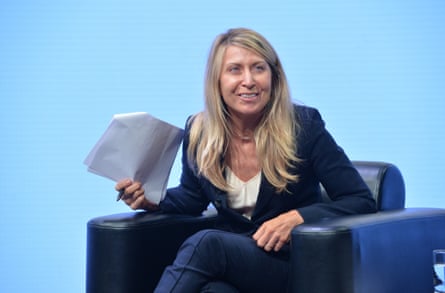
Shah said Davie’s departure was a “sad day” for the BBC. “He has had the full support of me and the board throughout,” he said. “However, I understand the continued pressure on him, personally and professionally, which has led him to take this decision today. The whole board respects the decision and the reasons for it.”
The Prescott letter, which was passed to the Daily Telegraph, also condemned BBC Arabic for using contributors who had expressed antisemitic views. It included the views of a contributor who had previously stated online that Jews should be burned “as Hitler did”. The BBC has previously said he should not have been featured in the way he was.
Another featured contributor had described Jews online as “devils”. The BBC said in May that the person had been barred from being a contributor in future.
The culture secretary, Lisa Nandy, had said she was confident that Shah and Davie were “treating this with the seriousness that this demands”.
In her departure note to staff, Turness said: “The ongoing controversy around the Panorama on President Trump has reached a stage where it is causing damage to the BBC – an institution that I love.
“As the CEO of BBC News and current affairs, the buck stops with me. In public life leaders need to be fully accountable, and that is why I am stepping down.”
However, she used her departure statement to push back on Prescott’s allegations of general bias at the corporation. “While mistakes have been made, I want to be absolutely clear recent allegations that BBC News is institutionally biased are wrong,” she said.
While many BBC figures believe Prescott’s letter refers to some genuine errors, there is also concern it is being used by its political opponents.
Some BBC figures point to an effort to shift the corporation politically, dating back to Boris Johnson’s time in government. The Guardian has been told Prescott’s appointment as an external adviser had been pushed by the BBC board member Robbie Gibb, Theresa May’s former communications chief who helped set up the rightwing broadcaster GB News.
Gibb was first placed on the BBC board during Johnson’s time in government. Gibb and Prescott have previously been reported as being friends. Gibb was on a four-person interview panel that appointed Prescott.
Johnson has told the Guardian that any suggestion of an attempt to undermine the BBC was “complete and utter bollocks”. Prescott said in his letter that his criticisms “do not come with any political agenda”.

 2 months ago
43
2 months ago
43
